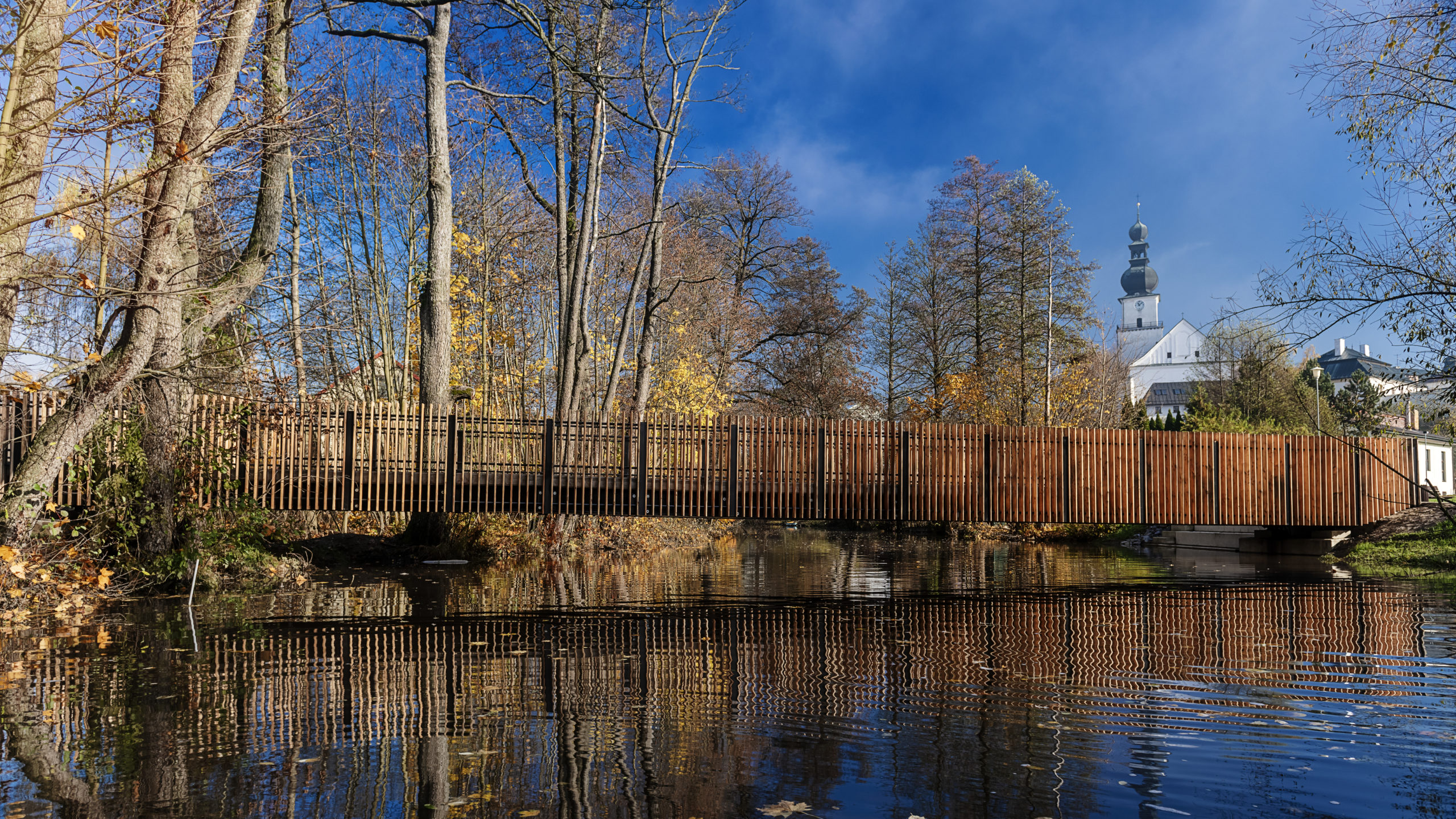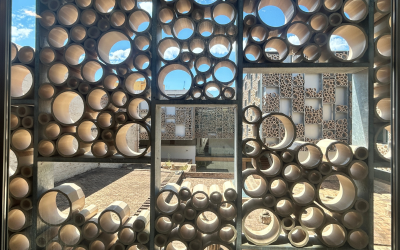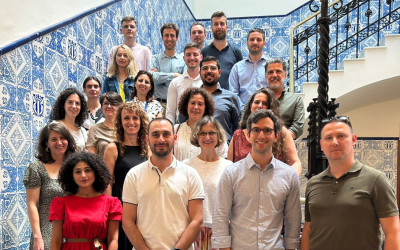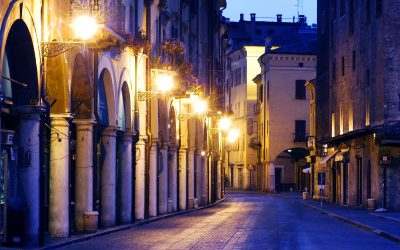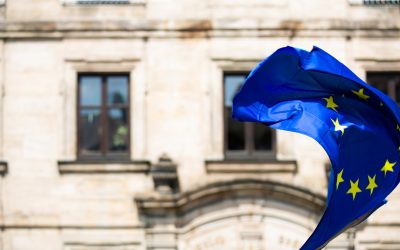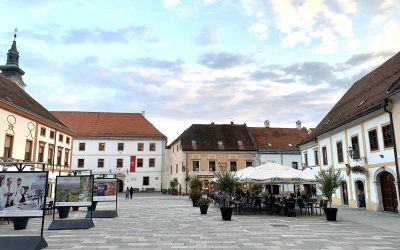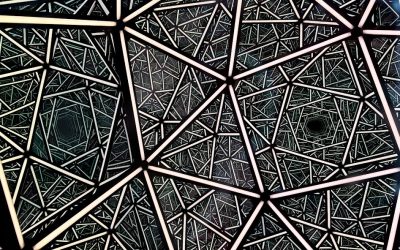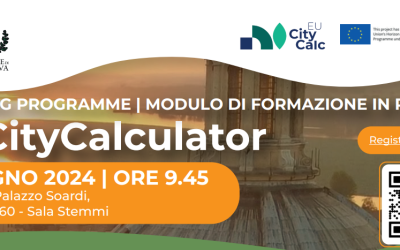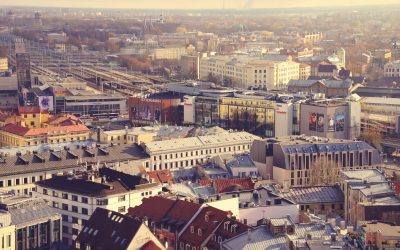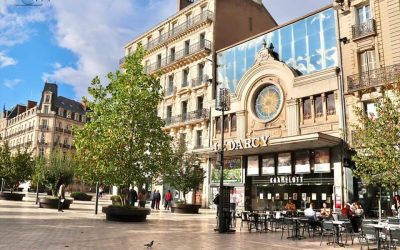During two workshops held in the Czech town, stakeholders agreed on new solutions to address environmental issues
Žďár nad Sázavou, a pilot city in the EUCityCalc project, is making strides towards sustainability by involving citizens and stakeholders in co-creation workshops. These sessions aim to address environmental issues and find innovative solutions to create a cleaner and greener future.
EUCityCalc will help the city to evaluate different scenarios in energy-relevant sectors (transport, industry, agriculture, buildings, etc.), but each scenario should meet citizens’ needs and expectations.
Among other stakeholders, the director of the current central heat source, the director of the district heating grid, the director of the local primary school, the promoter of low-emissions vehicles, the representative of the state office for nature protection and the head of SEMMO took the chance to join the meetings.
Let’s explore the key initiatives discussed during the workshops.
A new heating system production: from coal to natural gas
One of the major environmental challenges in Žďár is reducing CO2 emissions in energy production. During the first workshop on May 31st, stakeholders agreed that the current municipal heat source, based on coal burning, is outdated and environmentally harmful. To tackle this issue, a new boiler house powered by natural gas – since a greener alternative is not yet available – will generate both heat and electricity simultaneously. Additionally, stakeholders emphasized the importance of supporting citizens in adopting greener practices by providing funds to facilitate the purchase of heat pumps.
Promoting cycling to reduce traffic emissions
Addressing traffic-related environmental concerns was the focus of the second workshop held on June 14th. The survey results from 2020 to 2021 revealed that the usage of bicycles in Žďár lags behind similar cities, with cars accounting for 33% of all means of transport. Encouraging people to opt for bicycles, especially during summertime, can substantially decrease both CO2 emissions and noise pollution. In order to promote cycling, stakeholders suggested building safe shelters where bikes can be stored. Moreover, more paths for both bikes and pedestrians are needed. Finally, more paid parking spaces would discourage people to drive cars.
Žďár’s commitment to becoming a greener, healthier place is real. By replacing the outdated coal-based heating system with a modern natural gas-powered boiler house, the city aims to reduce its carbon footprint significantly. Simultaneously, encouraging the use of bicycles will not only reduce traffic emissions but also promote a more eco-friendly lifestyle among residents.

